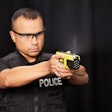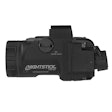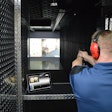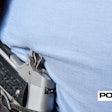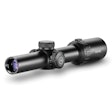North Jersey law enforcement officials praised new guidelines Thursday that give officers broader discretion in deciding when to deploy stun guns, while a leading civil rights organization criticized them as giving too much power to police, reports northjersey.com.
"I welcome the changes," Fort Lee Police Chief Keith Bendul said. "It's going to give us the ability to apply a less than lethal use of force option."
But Ari Rosmarin, public policy director for the American Civil Liberties Union of New Jersey, said, "The new policy expands the authorization for the use of stun guns well beyond" the limits of what had been previously allowed. "We have little doubt this change will lead to increased – and deadly – use of stun guns," he said.
Acting Attorney General John J. Hoffman announced changes to the state's policy regarding stun gun use Thursday, following input from community and law enforcement leaders and a review of incidences in which police have used the devices in New Jersey.
Under the new guidelines, police would be permitted to use stun guns - also known under the commercial name Tasers - on individuals who actively resist arrest and pose a "substantial" risk of causing bodily injury. The previous policy, which was considered one of the strictest in the nation, required an officer to establish that the suspect was likely to cause death or serious bodily injury, either to him or herself or to another person.
Police had complained that it was unrealistic to expect an officer in the field to predict the degree of injury that a suspect might inflict, Hoffman wrote in a letter to law enforcement officials. Requiring them to do so, he said, had had a chilling effect on officers, who opted not to deploy stun guns in situations where they might have helped de-escalate a confrontation. It has also discouraged police departments from equipping officers with the devices.








